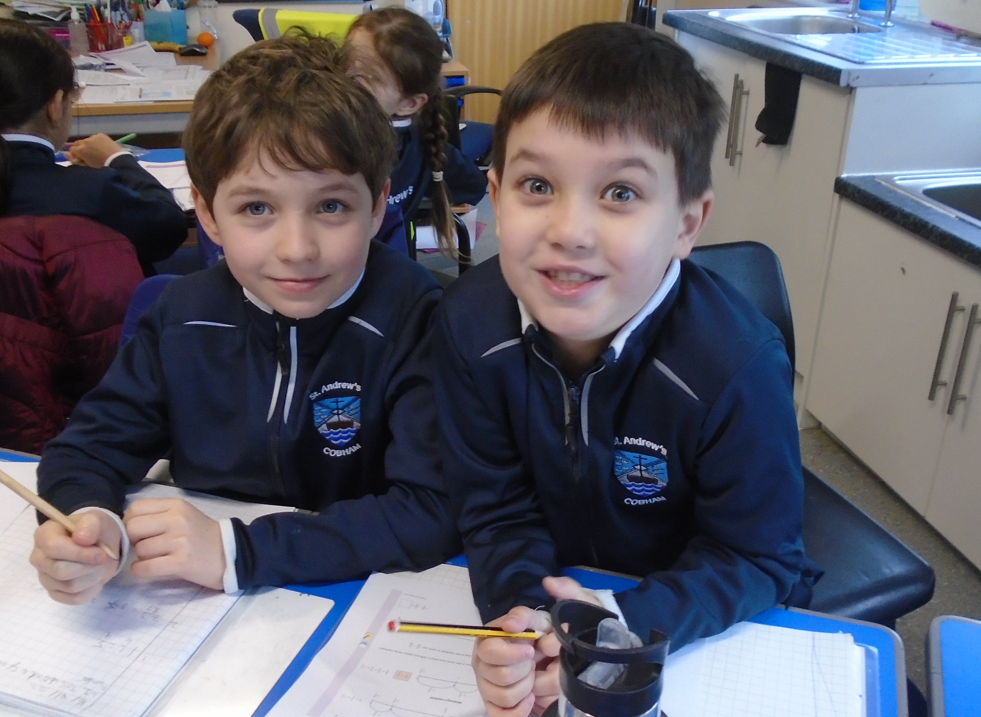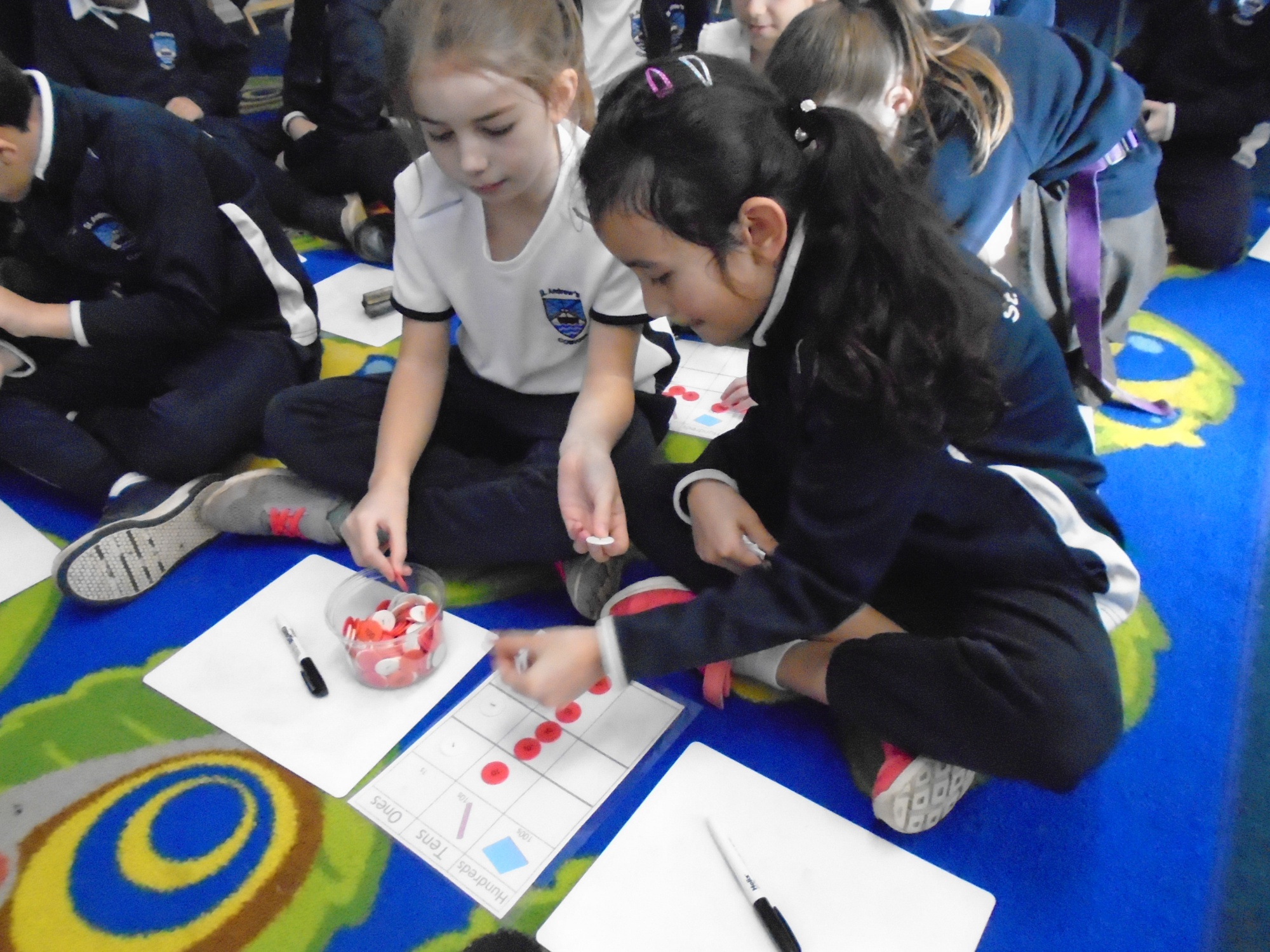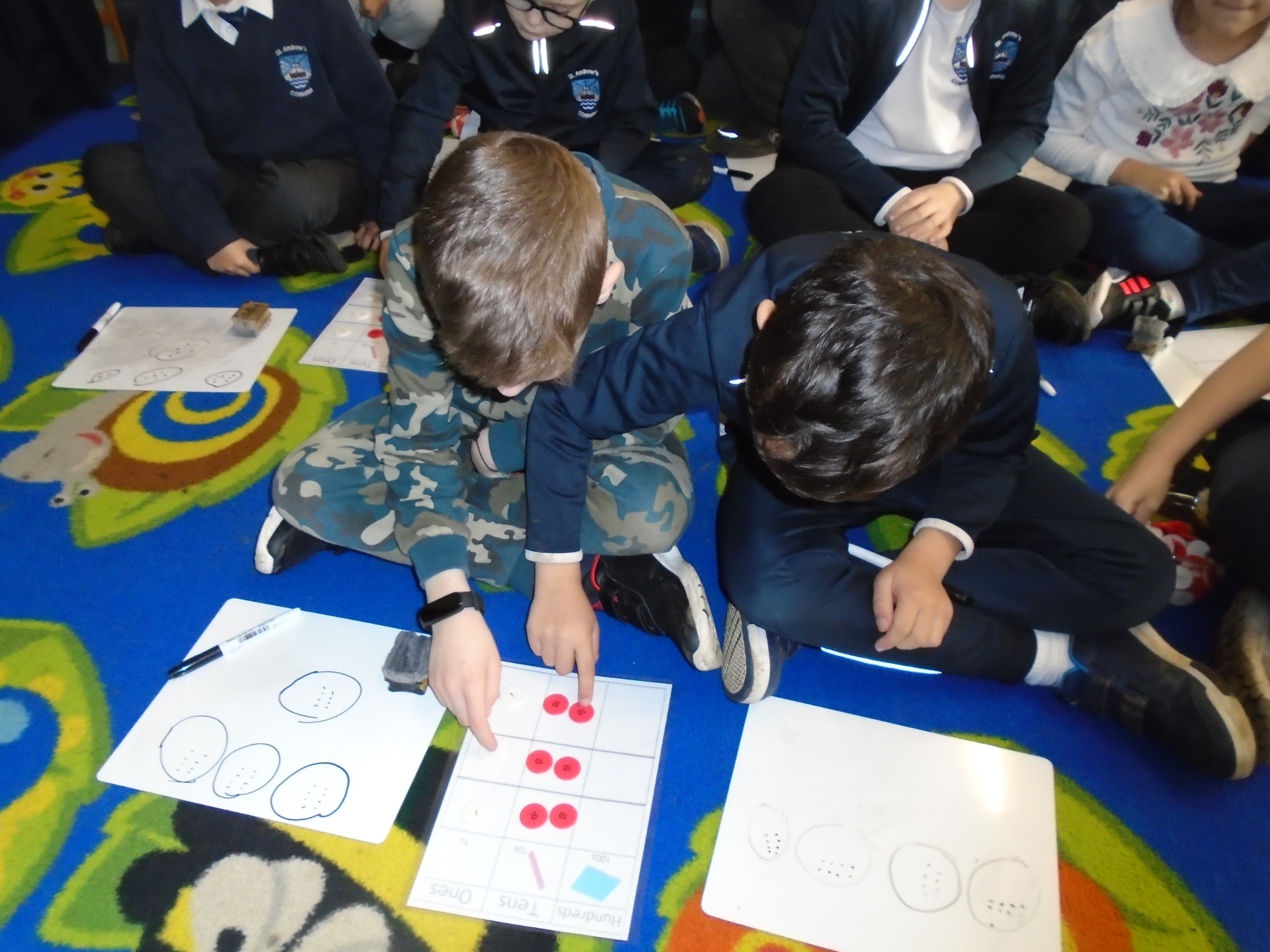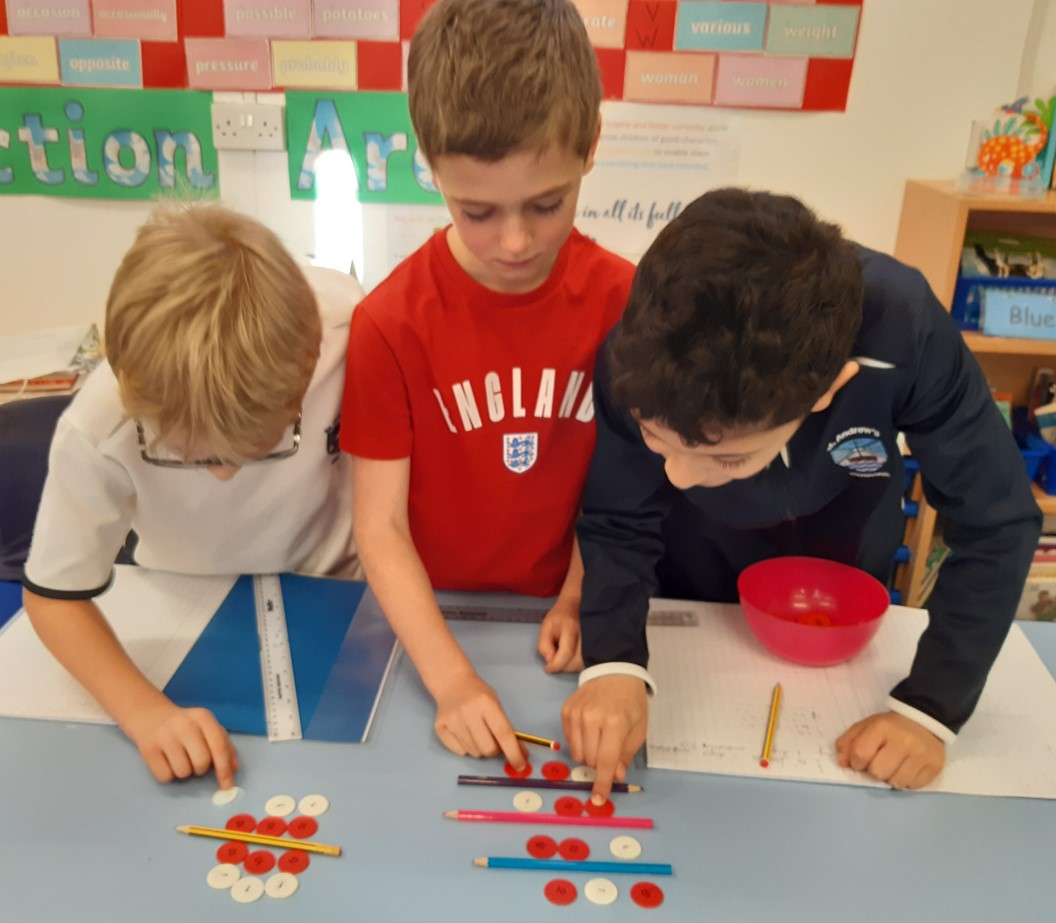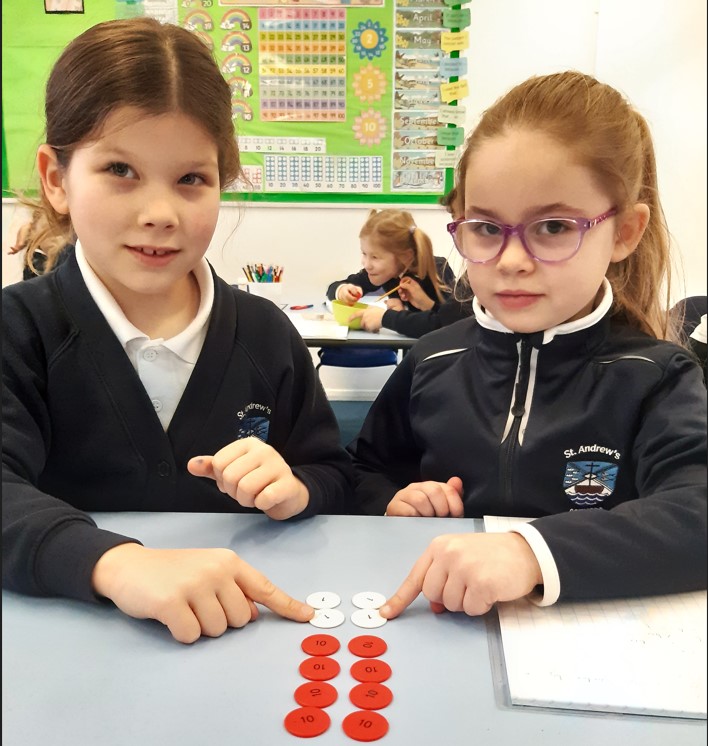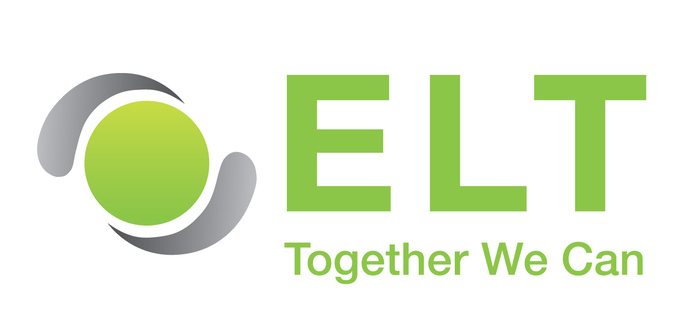Maths
" Our job, sometimes, is simply to be the spark, help build confidence, and then get out of the way " George Couros
" When we build on our strengths and daily successes - instead of focusing on failures - we simply learn more" Tom Rath
The intention of this approach is to provide all children with full access to the curriculum, enabling them to achieve confidence and competence – ‘mastery’ – in mathematics.
Key features - implementation
- Teachers reinforce an expectation that all pupils are capable of achieving high standards in mathematics
- Multiple elements to a lesson (do now, direct teaching, talk task, application, plenary
- Focus on vocabulary
- The large majority of pupils progress through the curriculum content at the same pace
- Practice and consolidation play a central role. Carefully designed variation within this
- Builds fluency and understanding of underlying mathematical concepts in tandem
Maths meetings
Their intention is to consolidate key areas of mathematics or introduce new topics in your class.
Maths Meetings should:
- Give students repeated practice of basic skills and concepts (fluency, consolidation, mastery of what has been taught)
- Be a whole-class ritual around the Meeting Board or IWB
- Establish a routine for starting mathematical thinking in the day, building classroom culture, and making connections with mathematics in everyday life
Maths Meetings expectations:
- 100% of the class must be ready to respond
- 100% of the class must look at and listen to the teacher
- Teacher only accepts appropriate responses, including technical vocabulary and full sentences when appropriate
- Teachers should prioritise key learning areas for their class and also incorporate current learning in the Maths Meetings where necessary
